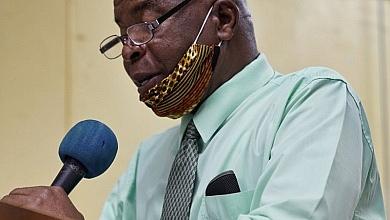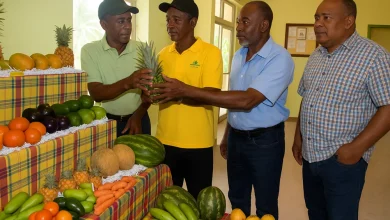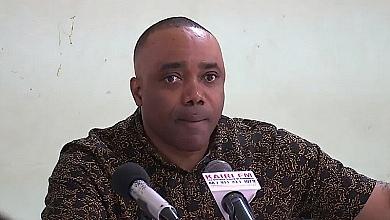Minimum Wage and Maximum Strain: Is Economic Justice Politically Possible in Dominica?

In town hall after town hall, Dominicans hear what they’ve long suspected: that a whole week’s pay often still isn’t enough to feed a household. The economic frustration is everywhere, from the $7.50 minimum wage to the cashier who disappears for breakfast because she’s no longer motivated. The question is whether a proposed minimum wage hike, to $12 an hour, is feasible, or just another campaign promise fated to fade.
The call for a livable wage is not new, but this time, it’s being framed as an economic need and a moral obligation. The argument goes beyond cost-of-living increases and touches on the dignity of labour itself, especially for supermarket clerks, security guards, hotel cleaners, and those stuck in the lowest rungs of Dominica’s economy. These are people whose purchasing power has been squeezed by inflation and who, fifteen years ago, could buy five bags of groceries with $200 but now come away with only two.
Still, the proposal to raise wages has drawn criticism from private sector voices, concerned about the impact on small business owners already struggling to stay afloat. But here’s where the plan gets politically strategic: the promise of offsetting that wage hike with tax incentives. It’s a calculated move meant to soften opposition and frame the policy as not just pro-worker, but pro-growth.
The underlying message is that Dominica’s tax structure is broken. Import duties, VAT, and fees have created a climate where a $7,000 car costs double because of layered tariffs. Small businesses are asked to pay taxes even before they’ve made a single sale. Economic justice, in this view, requires fiscal reform, not just handouts or temporary relief.
If these proposed wage reforms are to gain traction, they must be rooted in credible funding plans. One such plan, outlined by economist and leader of the United Workers Party Dr. Thompson Fontaine, is to redirect a portion of the current $9 million monthly debt repayment load, leveraging international debt swaps for climate action and savings. It’s bold. It’s ambitious. But more importantly, it challenges the narrative that Dominica’s poverty is a given rather than a policy choice.
The political risk is real. Dominicans are tired of hearing about “new levels” and “next chapters.” But if a livable wage becomes a reality, it could signal a different kind of leadership, one that doesn’t ask citizens to sacrifice while ministers of Government thrive. Whether voters believe it’s achievable may depend less on spreadsheets and more on trust. Trust, however, is earned by doing what no wage policy ever could: placing people before politics.
This article is copyright © 2025 DOM767








